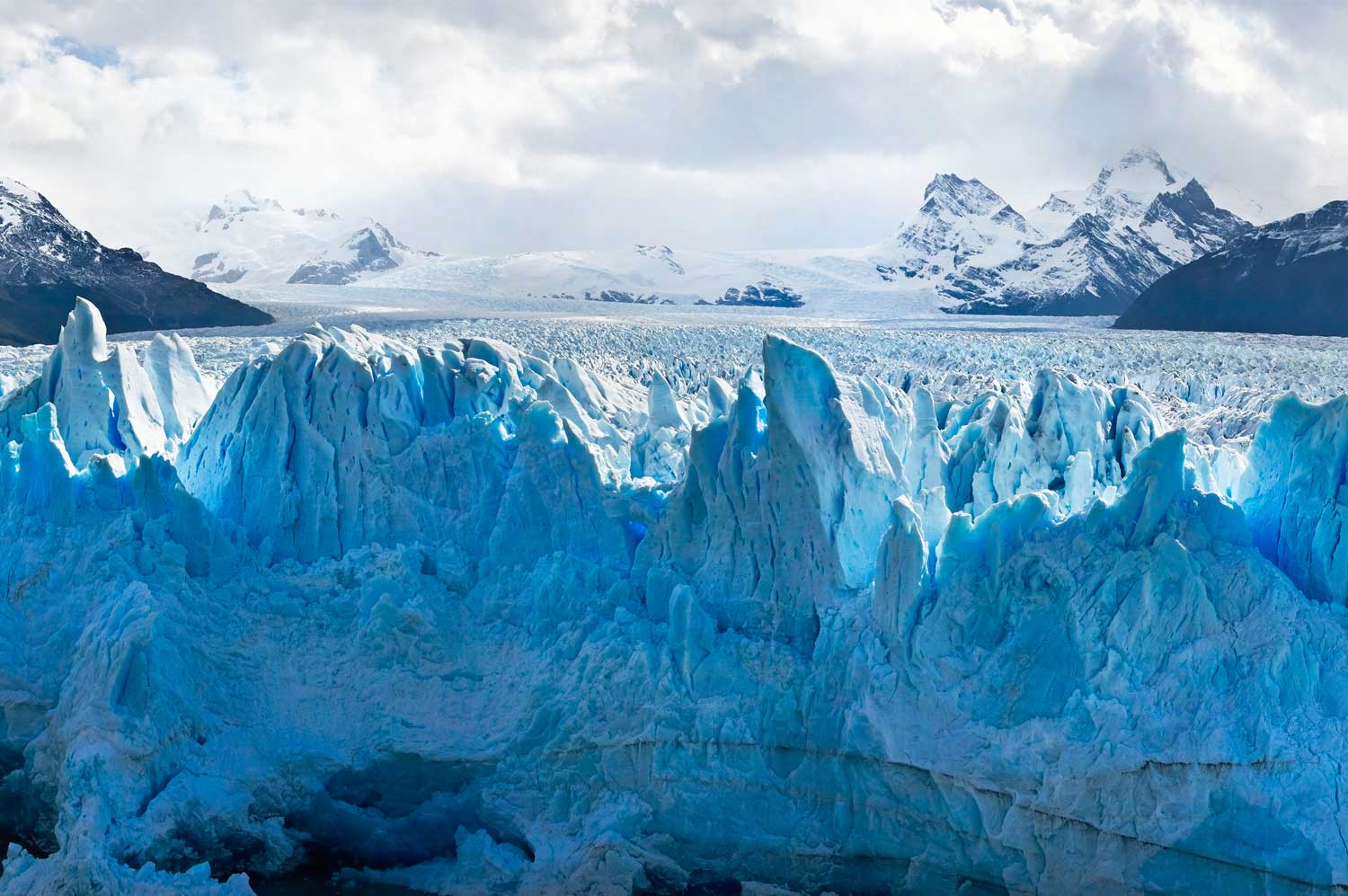Media Coverage
08 August 2014
Nathan Myhrvold loves the business of ideas
Heather Clancy with ZDNet, discusses how the former Microsoft innovation chief is reinventing intellectual property protection and creating a new framework for stimulating innovation across a very wide spectrum of disciplines.
17 July 2014
Expansion of Microsoft Research—Analysis and Download of 1997 Plan
In a 2-part series on the origins of Microson Research, Xconomy’s founder, CEO and editor-in-chief, Bob Buderi, examines Nathan Myhrvold’s expansion plan for Bill Gates in 1997.
06 February 2014
The 20-year-old Microsoft memo that came true
Reuters columnist Jack Schafer revisits Nathan's 1993 “Road Kill on the Information Highway” memo recommending that the software & hardware industry take note of Nathan's “timeless” predictions about the exponential effects of modern technology.
21 November 2013
Charlie Rose Talks to Nathan Myhrvold
Charlie Rose asks Nathan about Microsoft's future, Google and the patent landscape in his latest interview.
13 October 2013
The Memo That Spawned Microson Research—Analysis and Download
In a 2-part series on the origins of Microson Research, Xconomy’s founder, CEO and editor-in-chief, Bob Buderi, examines the founding memo wrieen by Nathan Myhrvold for Bill Gates in 1991.
03 April 2013
Nathan Myhrvold Answers Your Questions
Nathan sits down and discusses everything from patents to cooking to dinosaurs with the Slashdot community.
16 April 2012
Inside Nathan Myhrvold’s office: The ultimate ‘geekspace’
Recently we invited GeekWire readers to tweet us photos of their “geekspaces” — the places where they really get in the zone. Writer and photographer Annie Laurie Malarkey, who takes pictures for our Geek of the Week feature, explained in the post that she was inspired by her past year of photographing smart people in their work environments, and she wanted to see more.
14 April 2012
How former Microsoft tech chief Nathan Myhrvold could have created the iPhone
Nathan Myhrvold is back in the national spotlight again, but in a very different way this time.
03 April 2012
Nathan Myhrvold: Intellectual Ventures is in ‘the miracle business’
Nathan Myhrvold has a model of a T-Rex dinosaur in his living room, thinks natural gas will not help reduce carbon emissions and believes that his company, Intellectual Ventures, is in the miracle business.
15 September 2011
An audience with the King of the Patent Trolls
Nathan Myhrvold, the CEO of Intellectual Ventures, has become the face of patent litigation in the tech space. He told Fortune why his business is good.

